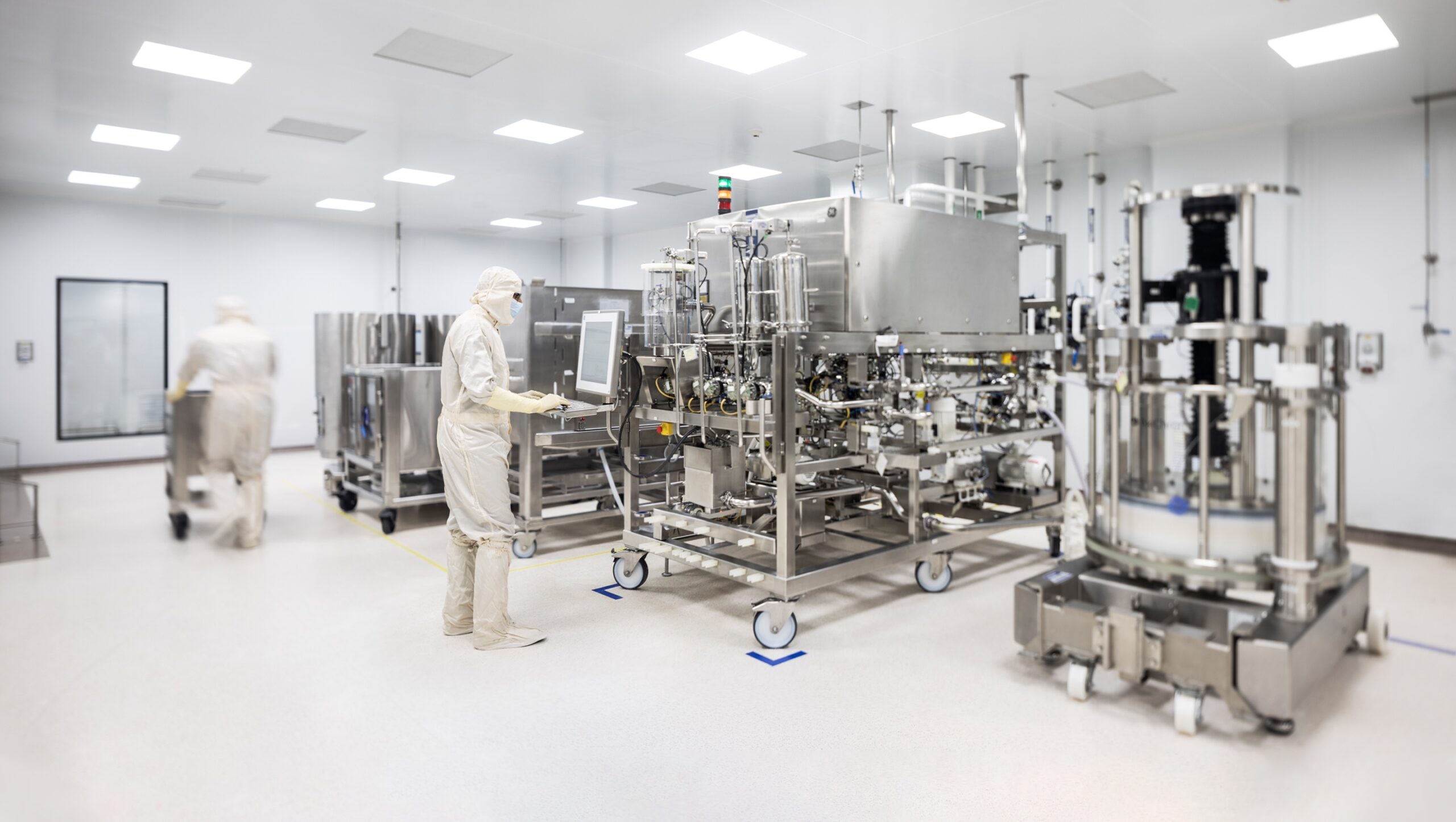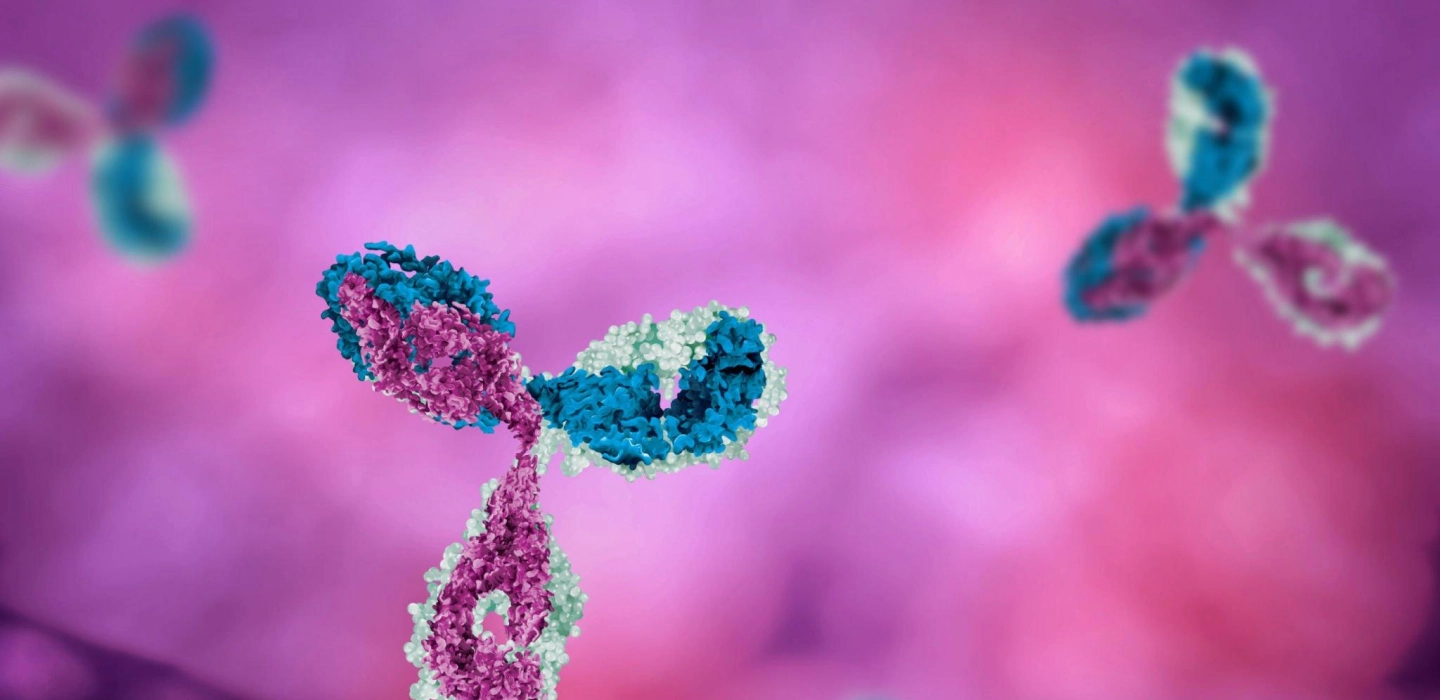Home > Newsroom > Resource Hub > Scientific Publications > Insuline Glargine > Insulin Glargine 6
6. Efficacy and safety of MYL-1501D versus insulin glargine in patients with type 2 diabetes after 24 weeks: Results of the phase III INSTRIDE 2 study
- Aug 15th, 2018
- Thomas C. Blevins MD, Abhijit Barve MD, Bin Sun, Yaron Raiter MD, Patrick Aubonnet MD, Rafael Muniz MD, Sandeep Athalye MD, Michael Ankersen PhD
Abstract:
Aims: To assess the non-inferiority of MYL-1501D, a proposed biosimilar or follow-on biological agent to marketed insulin glargine, to reference insulin glargine (Lantus®; Sanofi-Aventis US LLC, Bridgewater, New Jersey) based on change in glycated hemoglobin (HbA1c).
Materials and methods: INSTRIDE 2 was a multicentre, open-label, randomized, parallel-group, phase III non-inferiority study comparing the efficacy and safety of MYL-1501D with those of reference insulin glargine in insulin-naive and insulin-non-naive patients with type 2 diabetes mellitus receiving oral antidiabetic drugs (OADs). The primary efficacy endpoint was change in HbA1c from baseline to week 24. Secondary endpoints included metabolic readouts (eg, changes in fasting plasma glucose, insulin dosage, self-monitored blood glucose), immunogenicity and adverse events, including hypoglycaemia and nocturnal hypoglycaemic events.
Results: In all, 560 patients were randomized to MYL-1501D or insulin glargine in combination with OADs for 24 weeks. The mean change in HbA1c from baseline to week 24 was −0.60% (95% CI −0.78, −0.41) and − 0.66% (95% CI −0.84, −0.48) for MYL-1501D and reference insulin glargine, respectively. MYL-1501D was well tolerated and had a safety profile similar to that of reference insulin glargine.
Conclusions: Demonstration of non-inferiority between MYL-1501D and reference insulin glargine for reduction of HbA1c during 24 weeks of treatment was achieved. The two treatment groups were similar in terms of secondary endpoints, including hypoglycaemia and nocturnal hypoglycaemia, local and systemic reactions, other safety variables, and immunogenicity.
Funding: Financial support for this study was provided by Mylan Inc, Canonsburg, PA, and Biocon Limited, Bangalore, India.

